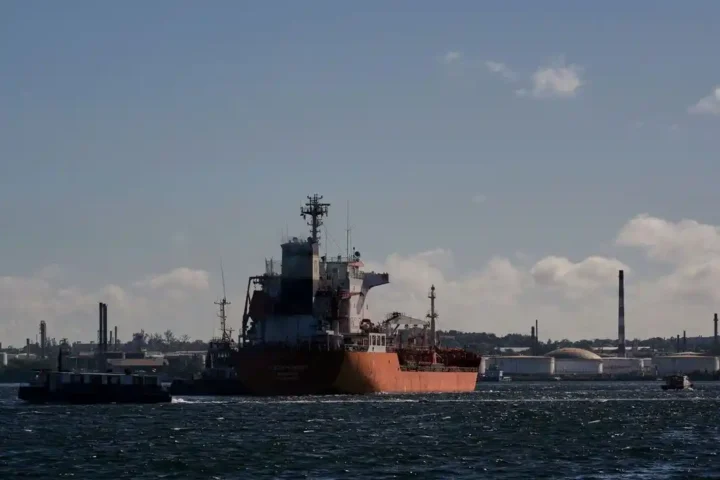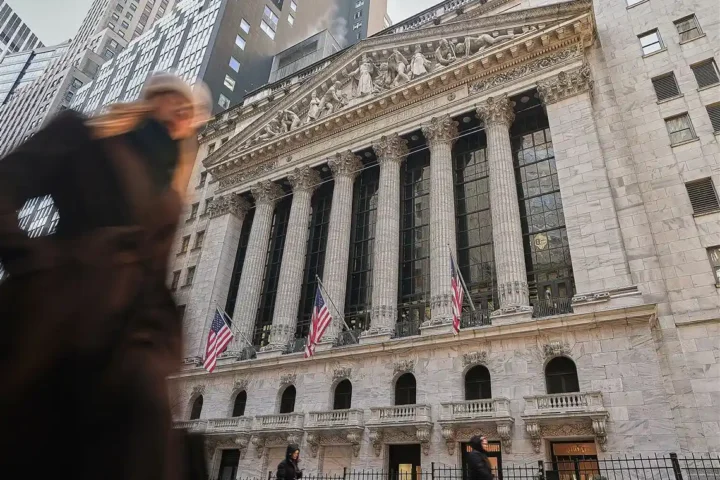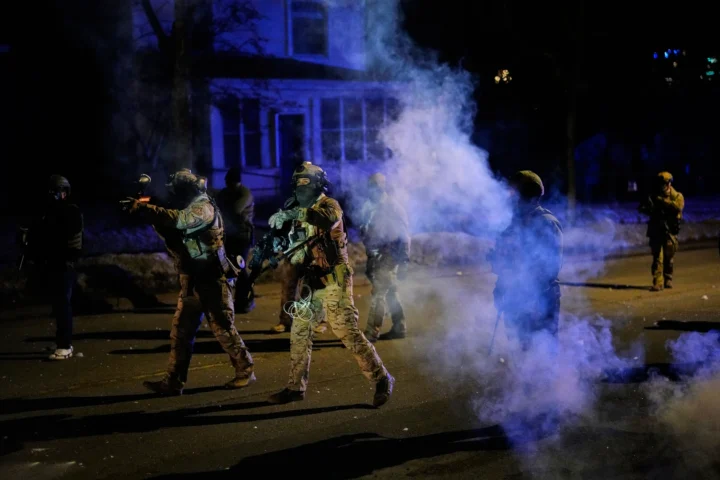In the ever-churning landscape of Canadian politics, Prime Minister Justin Trudeau now stands at the most precarious crossroads of his nearly decade-long leadership. Behind the closed doors of a heated Liberal caucus meeting, 24 of his own MPs delivered an unambiguous message: it’s time to consider stepping aside. Yet as Trudeau emerged from the three-hour session, flanked by his team, he boldly declared, “The Liberal Party is strong and united.”
Strong, maybe. United? Hardly.
The truth behind this crisis is not rooted in ideological rifts or rebellion against his policies. On the contrary, many Liberal MPs who want Trudeau gone continue to support the party’s core platform. But Trudeau himself—his persona, his political brand, and his public perception—has become the very wedge that’s tearing his government apart. A leader once hailed for his charm and progressive ideals has morphed into a political lightning rod, increasingly out of step with the electorate and vulnerable to the rise of Conservative Leader Pierre Poilievre.
Some LPC MPs issue a deadline to Trudeau… make up your mind to stay or go by Oct 28 or face consequences
— The world has gone mad 🍎 (@HaveWeAllGoneM1) October 24, 2024
That's not “The party is strong & united”
Trudeau told caucus he would take some time to reflect
…aka plot the demise of those who oppose him🤨https://t.co/tAwrZx4DCT
Indeed, Trudeau is now facing a reckoning not just from a surging opposition but from within his own ranks. The blunt reality is that while he may still lead the Liberal Party, it is Poilievre who is commanding the national conversation.
The reasons are clear: Canada is grappling with soaring inflation, a housing crisis, rising crime rates, and widespread economic anxiety. These real-world issues are not being addressed with the urgency Canadians need, despite the government’s efforts to cut interest rates and pour billions into housing and rebates. And Trudeau, once the fresh-faced progressive who captivated voters in 2015, is now seen by many as a leader whose moment has passed.
WATCH: The Bank of Canada delivered an oversized interest rate cut of half a percentage point on Wednesday, focusing now on boosting the Canadian economy amid signs inflation is well under control.
— Global National (@GlobalNational) October 23, 2024
Read more: https://t.co/hQbYjtJozQ pic.twitter.com/y6n9DJVXpn
Some within his party suggest Trudeau has simply become a distraction. As Liberal MP Wayne Long put it, “I think he still needs to step down.” Long’s words, while direct, reflect a sentiment spreading across a growing faction of Trudeau’s caucus: it’s not about rejecting his policies but realizing that the public no longer connects with the man at the helm. With special election losses in once-safe Liberal strongholds like Toronto and Montreal, there is genuine fear that Trudeau’s continued leadership could doom the party in the next general election.
And Trudeau’s competition is formidable. Pierre Poilievre, a sharp critic of the government’s economic record, has dominated opinion polls for over a year. Whether it’s the public’s exasperation over the cost of living or disillusionment with the status quo, Poilievre’s appeal grows while Trudeau’s wanes. Despite his government’s attempts to paint Poilievre as “Maple MAGA” or “Canada’s Donald Trump,” the tactic hasn’t dented the Conservative leader’s momentum.
The stark irony here is that Trudeau’s party—one that prides itself on progressive values and inclusivity—is witnessing internal fractures not seen in years. While MPs like Nate Erskine-Smith urge their colleagues to “turn the knives outwards” and focus on defeating Poilievre, others are clearly prepared to go further. Ken McDonald, one of the signatories of the statement calling for Trudeau’s resignation, has even floated the idea of voting with the Conservatives if Trudeau refuses to step down.
Yet, here lies the heart of the Liberal dilemma. Trudeau is, in many ways, the architect of his party’s identity—his leadership helped reinvigorate the Liberals and reclaim their dominance after a near collapse a decade ago. To some, Trudeau is still the party’s best chance to fend off the rising tide of Poilievre’s populism. His Cabinet remains fiercely loyal, and they argue that Poilievre represents a threat not just to their political power but to democracy itself.
But the tide is shifting. In the eyes of many Canadians, Trudeau’s brand of leadership has become synonymous with political fatigue. While his government may tout economic recovery as better than its G7 peers, voters are more focused on their day-to-day struggles. Housing remains unaffordable. Groceries cost more than ever. And the feeling that the country is in better hands under Trudeau? That sentiment is waning, if not gone.
The next few days will be critical for the future of Canada’s Liberal Party. Trudeau’s promise to “reflect” on the concerns raised by his caucus must not be a mere gesture. If he chooses to dig in his heels and stay the course, he risks leading the party into an electoral disaster, with a divided base and a swelling Conservative movement poised to seize the moment.
It may be time for Trudeau to ask himself a hard question: Does he love his party enough to leave? Stepping aside would not only allow the Liberals to refresh their leadership but may also offer a path forward in a country that increasingly feels left behind by its prime minister.
In politics, legacies are built not just by winning but by knowing when to pass the torch. Trudeau’s reflection in the coming days could determine not just his own fate, but the fate of the Liberal Party and the country he once so charismatically led.











